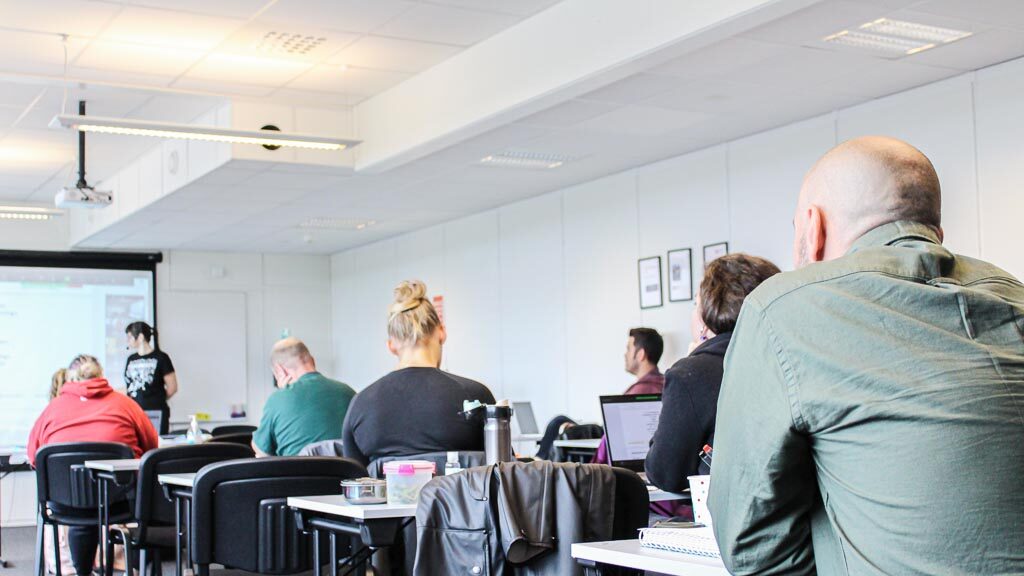The education for Peer Support Workers within the field of mental health and addiction is a vocational education, which gives both theoretical and practical competence based on the use of personal experience to help and support others.
In the education the user perspective is seen as equivalent to professional and scientific perspectives. The education shall contribute to educating reflective professionals with a solid, competent, foundation, who are able to meet the challenges already present, and in the time going forward within measures and services for people with problems concerning mental health and substance abuse. Learning outcomes are categorized as knowledge, skill and general competence.
Knowledge – what do you learn?
After finishing this study program, you
- have knowledge of
- historical tradition and the development of the various roles of a Peer Supporter
- basic ethical theories
- Norwegian health- and welfare services traditions and construction
- basic theory and thinking around recovery and recovery-oriented services
- human rights, living conditions and civil rights
- communication, interpersonal and therapeutic relationships
- working with families and networking
- have insight into
- various knowledge perspectives withing the areas of mental health and substance abuse
- experience-based knowledge traditions and positions
- interdisciplinary collaboration and conflict management
- the Patient and User Rights Act, the Health Personnel Act, the Specialist Health Services Act, the Health and Care Services Act and the Mental Health Care Act
- can update your knowledge on understanding of mental health and substance-abuse issues
Skills – what can you do after the course?
At the end of the study program for Peer Supporters, you
- can apply ethical reflection and understanding in your own professional practice of experiential knowledge
- can identify
- own problems from others and your own vulnerability, and can use methods for self-care in the professional role
- and apply health-promoting, preventive and rehabilitative measures in improvement processes to improve quality of life
- can survey a situation and identify the need for possible helpful measures for the user
- can utilize
- principles of recovery in the collaboration and contribute to the development of recovery-oriented practices.
- experience-based knowledge in various collaborative relationships
- communication- and relational competence in collaboration with the user / patient and their relatives, regardless of the user / patient’s age, gender, cultural / ethnic / social background and state of health.
- can develop positive, trusting relationships with users / patients, their relatives and professionals.
- can access and apply
- knowledge of current legislation and case law, as well as apply relevant legislation to assist users / patients and their relatives
- information and subject matter that is relevant to your own vocational issues
- relevant and professional tools, materials, techniques and forms of expression
- can reflect critically on others’ professional practices in collaboration with various professional groups
General competence
The student
- has an understanding of the importance of living conditions and how it affects a persons’ everyday life.
- has and understanding of what the various Peer Support-roles entail, including legal framework, responsibilities, tasks ethical principles, limitations and the roles’ contribution to social- and service development.
- has developed an action- and emergency preparedness competence, legal thinking and legal certainty in order to provide fellow human beings with the necessary support and care and safeguard the user’s / patient’s autonomy.
- has an understanding and respect for users’ / patients’ and their relatives’ perceptions of mental health, substance abuse, life situation and opinions regarding solutions.
- has an understanding of the factors that affect the quality of life of people with serious and long-term mental health challenges and / or substance abuse problems.
- have developed a basic ethical attitude in interaction with users / patients, relatives and professionals.
- has developed good relationship skills with an understanding of what contributes to a positive and equal relationship and what can contribute to an imbalance in power and control.

